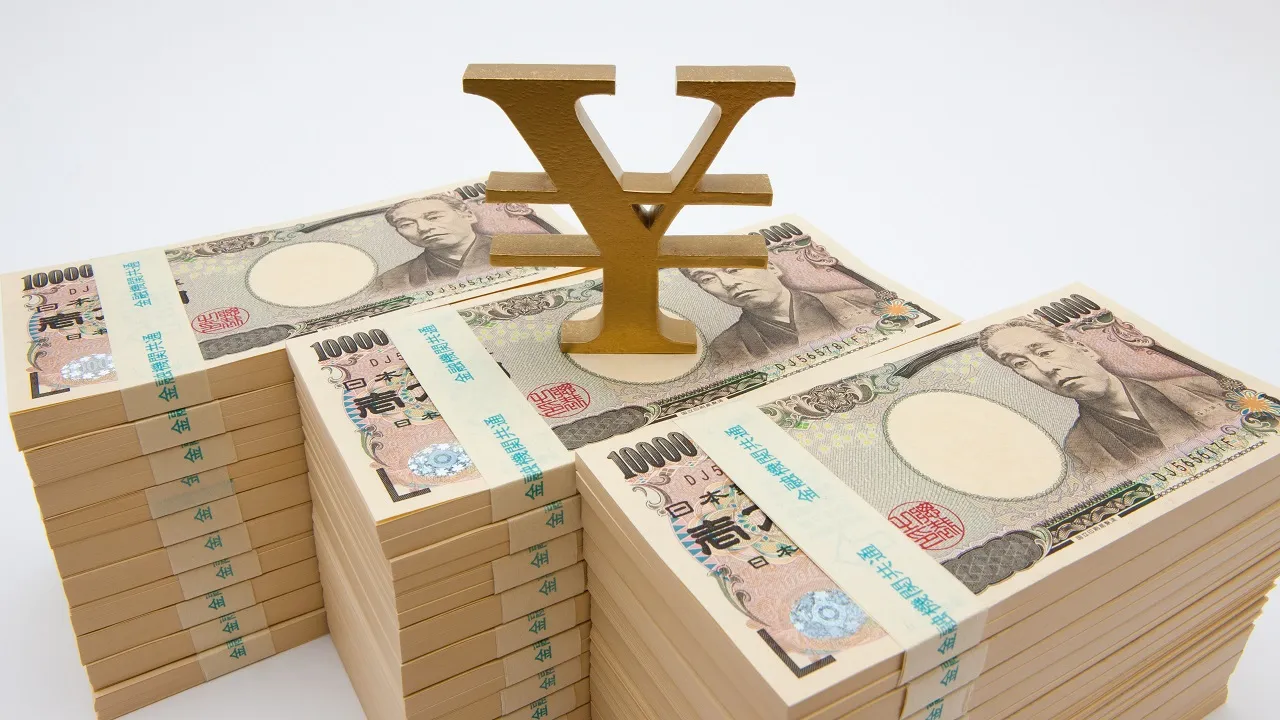Japanese Currency Market Intervention: Strategies and Outcomes

Understanding Japanese Currency Market Intervention
The Japanese government has long been a key player in the currency market, employing various strategies to influence the Yen's value. Recent analyses suggest that there is a strong historical correlation between market interventions and the adjustments in currency valuation. As the bond differential approaches 2.50%, further appreciation of the Yen towards 130.00 seems plausible.
Strategies Employed by Japan
- Active Market Monitoring: Japan consistently monitors global market movements to make timely interventions.
- Coordination with Other Economies: Collaborative efforts with other nations aim to stabilize the currency.
- Use of Reserves: The country deploys extensive foreign reserves to influence the exchange rate directly.
Impacts of the Intervention
The currency market intervention strategy adopted by Japan can have broad implications on international trade and investment. As the Yen appreciates, exports may become less competitive, affecting Japan's trade balance. Conversely, a strong Yen can help lower import costs.
This article was prepared using information from open sources in accordance with the principles of Ethical Policy. The editorial team is not responsible for absolute accuracy, as it relies on data from the sources referenced.